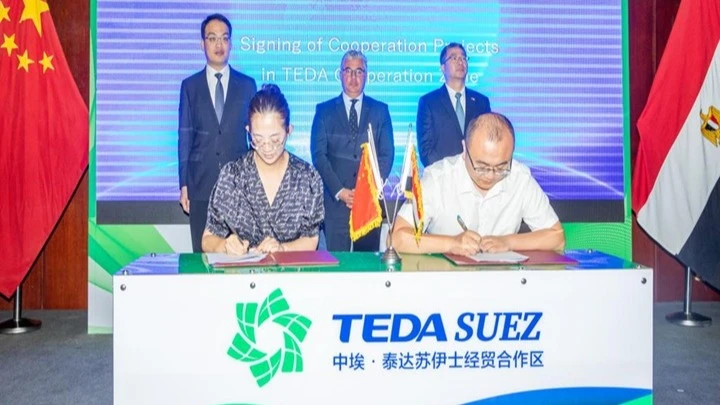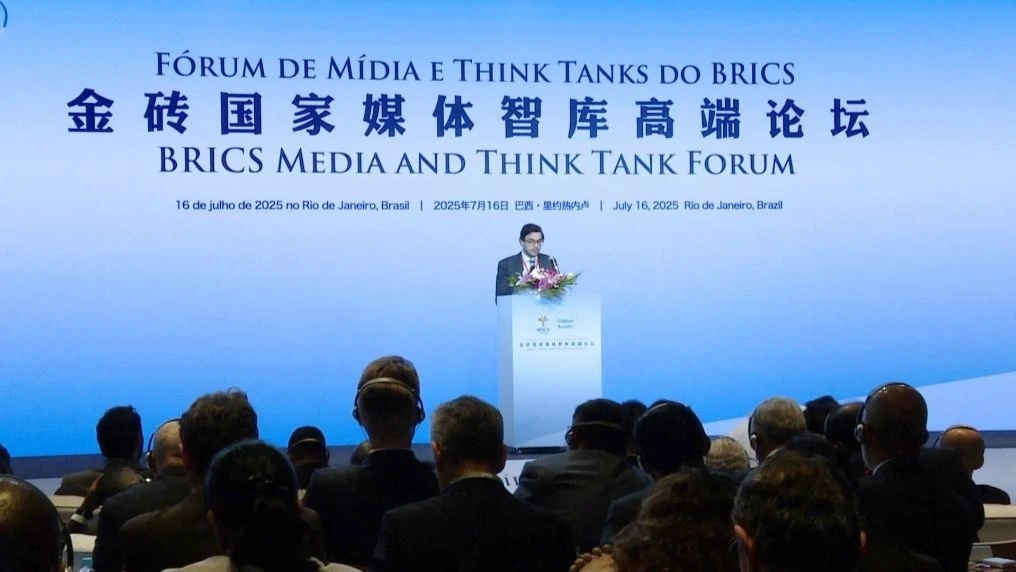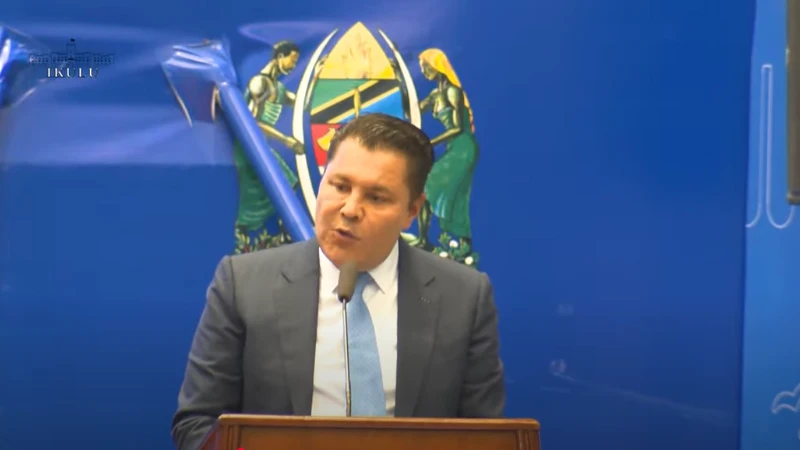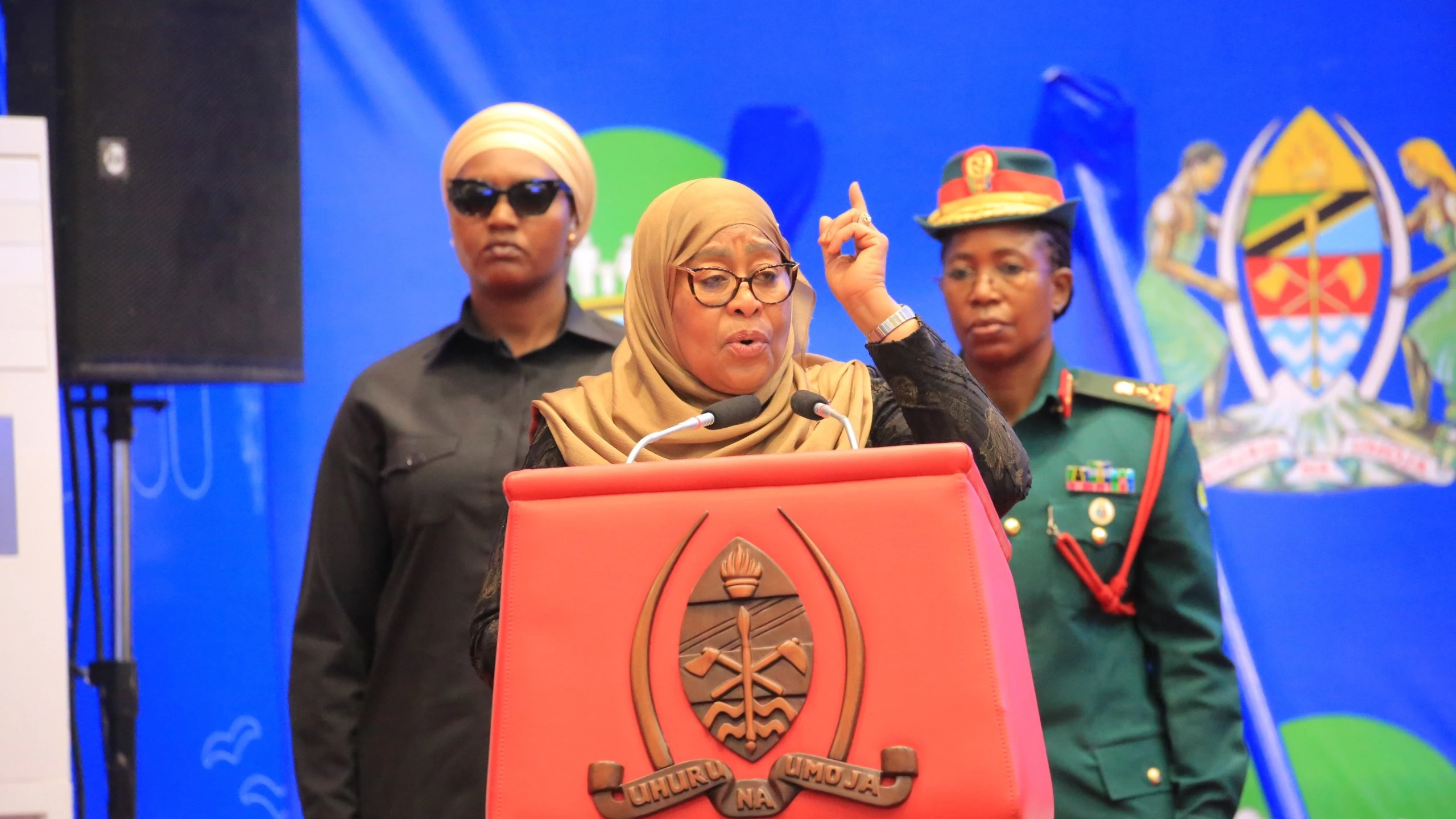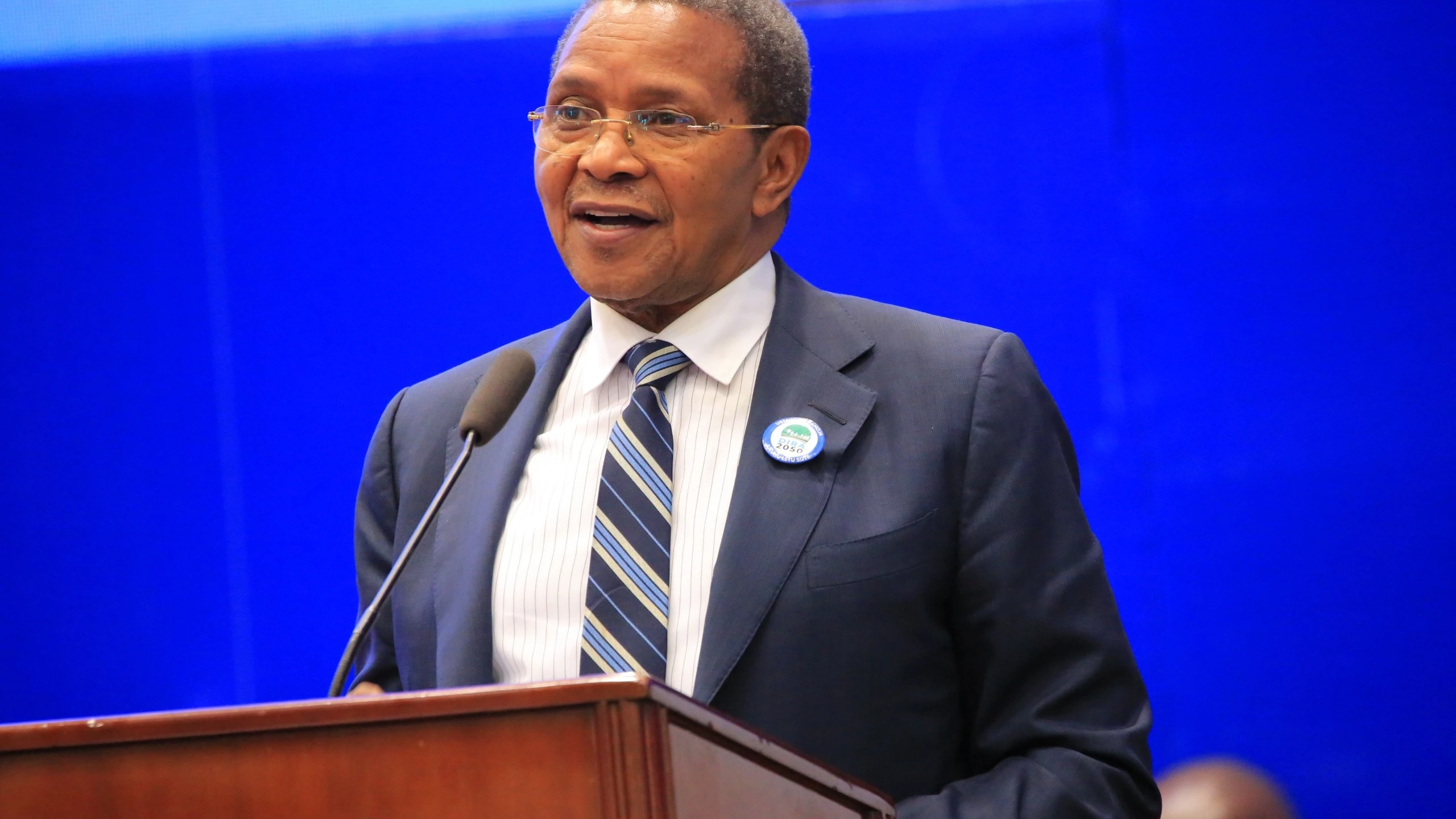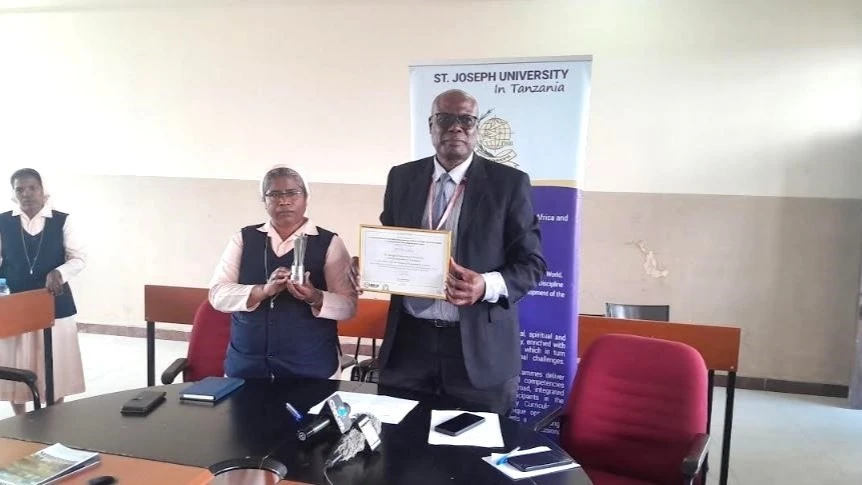$8.88bn goods flow: China top trading partner for ninth year
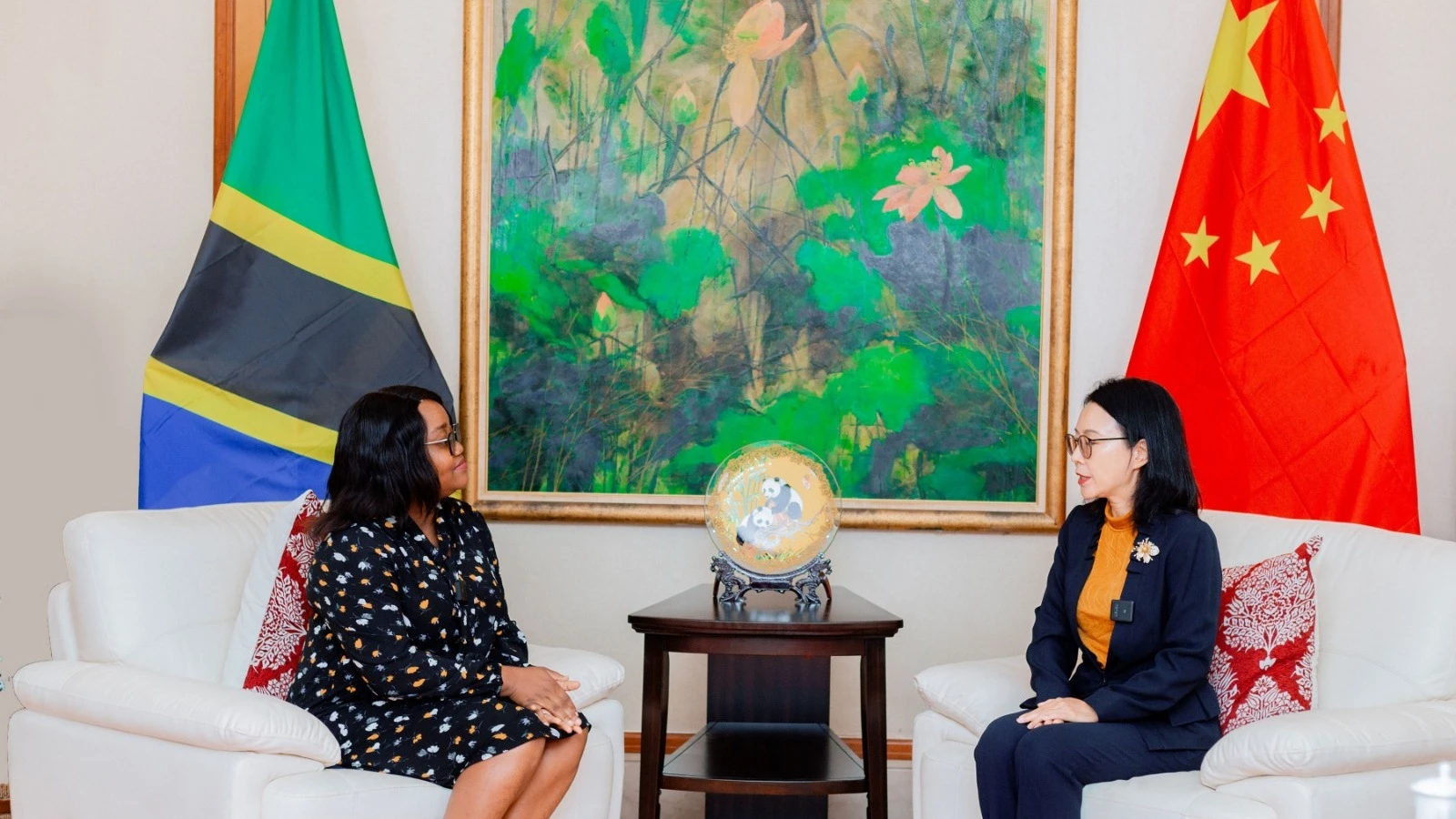
CHINA has preserved its position as Tanzania’s largest trading partner for the ninth consecutive year, with bilateral trade volume reaching $8.88bn in 2024, in an ever growing level exchange in the longstanding relations between the two countries.
This trade milestone underlines a strategic partnership evolving from a historical foundation of shared desires on the global stage into a dynamic, forward-looking relationship spanning investment, infrastructure, agriculture, medicine, education and diplomacy.
Chen Mingjian, the resident Chinese ambassador, made these observations in an exclusive interview in Dar es Salaam over the weekend, affirming that the two countries have withstood the test of time, and the relationship was getting stronger with time.
“China has been the largest trading partner of Tanzania for nine consecutive years, with trade volume exceeding $8.88bn in 2024. A number of Tanzanian high quality agricultural products such as soybeans, sesame and avocados were exported to China, boosting Tanzania’s economy as well as satisfying Chinese consumers,” she said.
She added: “China is also the largest source of investment for Tanzania. Investments in projects such as Huaxin Cement, Maweni Limestone, Keda Ceramics and so on exceed $100m respectively, creating thousands of job opportunities for locals.
This industrial footprint is buttressed by the countless infrastructure projects where Chinese enterprises are extensively involved, she said, citing the standard gauge railway, the Julius Nyerere hydropower plant and the newly completed JP Magufuli Bridge.
State President Xi Jinping’s visit to Tanzania shortly after assuming office introduced parameters of sincerity, real results, amity and good faith, guiding China’s Africa policy, and likewise President Samia Suluhu Hassan in a return visit in China met President Xi for the third time, elevating bilateral relations to new heights.
The envoy also noted that China's commitment to Africa through the Forum on China Africa Cooperation (FOCAC) framework has unlocked extensive opportunities for Tanzania—positioning the country as one of the most effective implementers of FOCAC 2024 Beijing Summit outcomes.
“Among the notable results is Tanzania’s first shipment of honey to China under a zero-tariff policy, showcasing a growing agricultural trade relationship built on mutually beneficial policy reforms. The rejuvenation of the TAZARA railway is also underway, a project that is expected to boost regional connectivity and economic integration.” she specified.
On the other hand, more than 35 deliverables (tangible or intangible outputs that a project produces to satisfy project objectives) across 10 strategic areas have already begun to bear fruit continent-wide, with Tanzania at the forefront. These include the launch of the minimally invasive medicine programme, which brought advanced surgical techniques to Tanzanian hospitals, opening a new chapter for medical care on the continent.
China is also supporting the expansion and upgrading of the Jakaya Kikwete Cardiac Institute, as well as introducing agro-sector Juncao technology—a sustainable grass innovation that blends agriculture with ecological conservation, the envoy explained.
She further underscored that China has reinforced its role as one of Tanzania’s most reliable and forward-looking partners, at a time when global trade policies are in flux following the United States’ recent imposition of reciprocal tariffs on most trading partners.
“While the U.S. move has introduced uncertainty into international trade particularly for developing nations reliant on agricultural exports China has responded with a message of solidarity, openness and multilateralism. In an effort to cushion African economies from external shocks, Beijing has granted zero-tariff access to 100 percent of tariff-line products from African countries, including Tanzania,” she specified.
Tanzanian economic observers have expressed concern that the U.S. tariff policy may affect exports such as soybeans, coffee, cashew nuts, cocoa and textiles—sectors that support thousands of local jobs. In contrast, China’s trade approach has emphasized cooperation, inclusivity, and shared prosperity, the envoy explained.
“There are no winners in a trade war, At this critical moment, China is not only defending its own development rights but also working hand in hand with African partners to promote fair, open, and sustainable economic growth,” the veteran diplomat declared.
She added: “Now, China and the U.S. held trade talks and reached a framework of agreement. Especially at this moment, China would like to cooperate closer and more with Africa. China granted zero-tariff to 100 percent tariff line products of Africa. I believe through our joint efforts, we can achieve common development together.”
Beyond trade and infrastructure, people-to-people exchanges have become the soul of China-Tanzania friendship. In 2024, over 70,000 Chinese tourists visited Tanzania, a record number during a year-long celebration of the 60th anniversary of diplomatic relations.
Chinese medical teams working across Tanzania and Zanzibar have treated over 20 million patients, inspiring the popular Chinese TV drama ‘Welcome to Milele Village.’ Language and cultural ties are also growing, with rising enrollment in Confucius Institutes at the University of Dar es Salaam and the University of Dodoma.
Direct flights between the two countries have further strengthened educational, cultural and tourism exchanges, “In 2026, as China and Africa mark the Year of People-to-People Exchanges, Tanzania is expected to play a central role under the theme: “Consolidate All-Weather Friendship, Pursue Shared Dream of Modernization.”
Today, as the world is marked by turbulence and complexity, globalization faces headwinds with unilateralism and protectionism on the rise. Ambassador Chen recommended that China and Tanzania should strengthen unity and cooperation to jointly address risks and challenges.
“We should strengthen practical cooperation. China commends Tanzania’s new foreign policy for its emphasis on economic diplomacy, and supports Tanzania to foster new growth areas such as the digital economy, green development, and the blue economy under the 10 partnership actions put forward by President Xi Jinping.
“The two sides will work together to create more stories about China-Tanzania cooperation for high-quality development and send a strong message of solidarity and collaboration among members of the Global South.”
Reflecting on her four-year tenure in Tanzania, the Chinese ambassador shared two unforgettable moments: President Samia Suluhu Hassan’s state visit to China, where she and President Xi aligned visions for a cooperative path to modernization, and the warmth of everyday Tanzanians who made her feel at home.
“Once, while waiting at a red traffic signal, a police officer came over just to help us cross safely,” the envoy recalled. “People greet me with ‘Nihao’ and smile. These moments make me feel truly at home—recognized and embraced by my Tanzanian brothers and sisters.”
As the global order continues to shift, the China-Tanzania partnership is proving resilient, dynamic and people-centered. From economic collaboration to digital transformation, and from cultural exchange to multilateral diplomacy, both nations are charting a path not just toward mutual benefit—but toward a shared future built on trust, progress, and solidarity.
The recent development of China and Tanzania relations comes from their common past. The special relationship can date back to the leadership of the founding fathers of our two nations, how Chairman Mao Zedong, Premier Zhou Enlai and founder President Julius Nyerere, Zanzibar Revolution leader Abeid Karume nurtured our unbreakable traditional friendship with sincerity and good faith in the old days, she added.
Top Headlines
© 2025 IPPMEDIA.COM. ALL RIGHTS RESERVED









